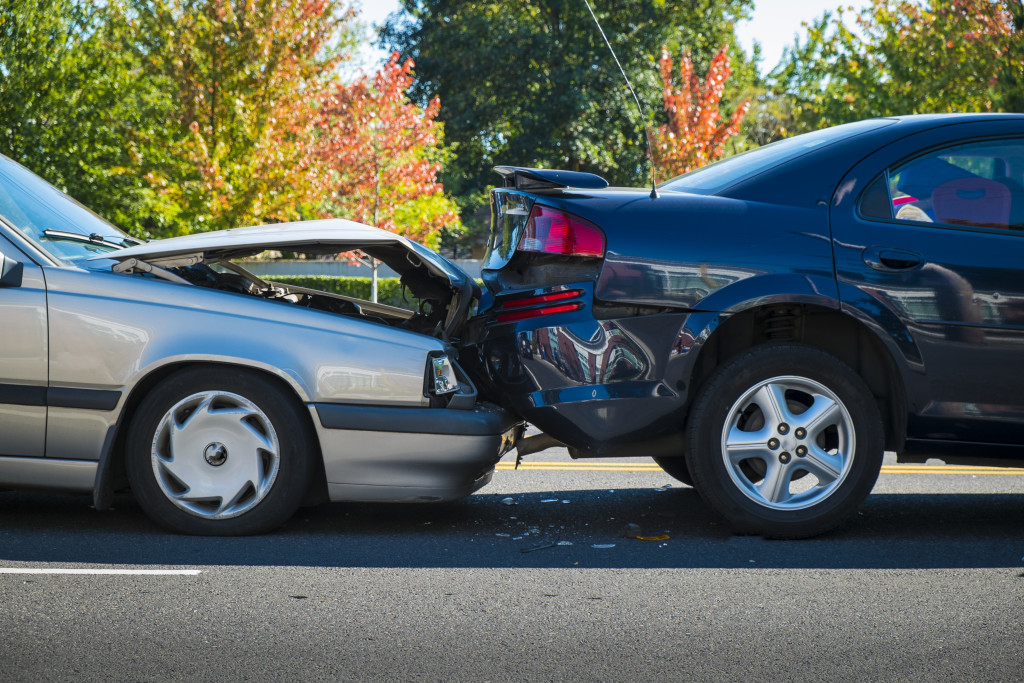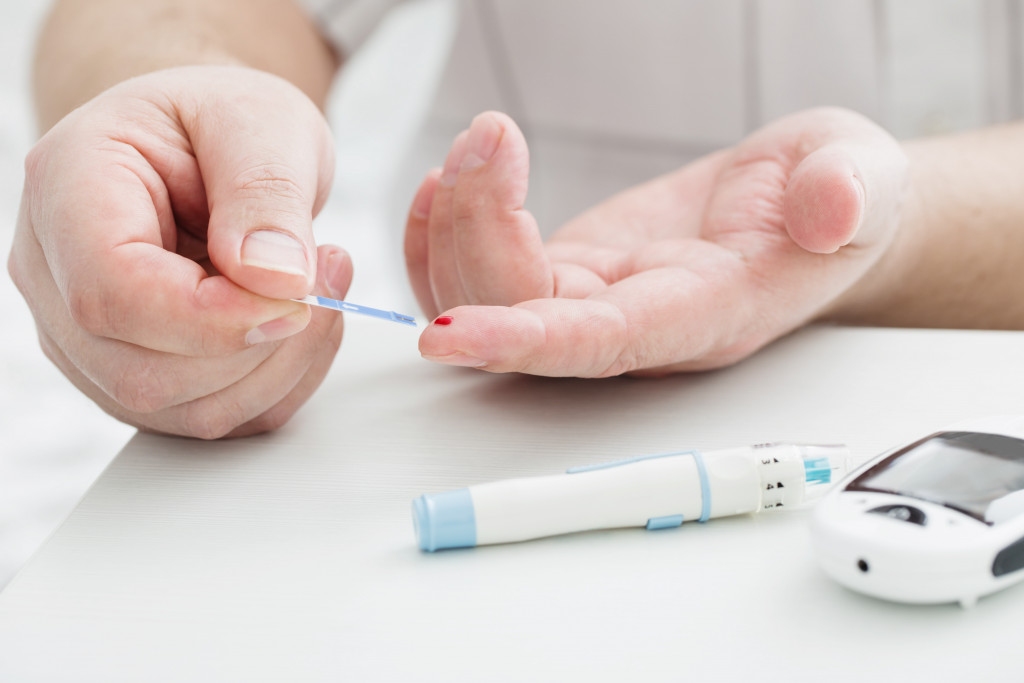If you experienced childhood trauma, it’s important to talk about it with your partner. Why? Because childhood trauma can have a lasting effect on your mental and emotional health, and it can also affect your relationship.
One study found that individuals who experienced childhood trauma were more likely to have relationship problems, including trust issues, communication problems, and difficulty with intimacy. Furthermore, research has shown that childhood trauma can lead to problems in adulthood, such as depression, anxiety, substance abuse, and even post-traumatic stress disorder (PTSD).
If you’re in a relationship, it’s important to be honest with your partner about your childhood trauma. This way, they can be understanding and supportive. Furthermore, talking about your trauma can help you work through any issues that may be affecting your relationship. If you’re not sure how to start the conversation, consider talking to a therapist or counselor. They can help you navigate this difficult conversation.
Here are four ways that childhood trauma can affect a couple’s relationship:
1. Communication Problems
Communication is key in every relationship. But if you experienced childhood trauma, you may have difficulty communicating with your partner. This is because childhood trauma can affect the way you process and express emotions, and you might find it difficult to communicate with your partner about your needs and wants. This can lead to conflict and resentment in the relationship.
It might be challenging, but it’s important to talk to your partner about your communication difficulties. This way, they can be understanding and help you find ways to communicate more effectively.
2. Difficulties Trusting People
Childhood trauma can also make it difficult to trust people, including your partner. If you’ve been traumatized, you may find it difficult to let down your guard and allow yourself to be vulnerable with your partner. This can cause tension and strife in the relationship.
One way you can relearn trusting people is by building trust gradually with your partner. This means starting with small things, like trusting them to keep a secret or being on time for dates. As you build trust, you may find it easier to open up and be vulnerable with your partner.

3. Difficulty With Intimacy
Intimacy is an important part of any relationship. But if you experienced childhood trauma, you may have difficulty being intimate with your partner. This is especially true for people who experienced sexual abuse or trauma. A study found that individuals who experienced sexual abuse were more likely to have problems with intimacy, including trust, communication, and sexual difficulties.
Furthermore, childhood trauma can affect your ability to trust people and feel safe in close relationships. Worse yet, it can lead to problems with sexual intimacy, such as difficulties getting aroused or maintaining an erection. If you’re having trouble with intimacy, it’s important to talk to your partner about your concerns. They can be understanding and help you work through any issues.
4. Emotional Distance
Finally, childhood trauma can also lead to emotional distance in a relationship. If you experienced trauma as a child, you may have trouble getting close to people emotionally. This may make it difficult for you to connect with your partner on a deeper level, which can lead to problems in the relationship.
While you might feel like you need to keep your distance emotionally, it’s important to try to get close to your partner. Try to talk about your fears and vulnerability with them. You can also talk about your hopes and dreams. By doing so, you’ll be able to connect with your partner on a deeper level and strengthen your relationship.
What You Can Do to Overcome Childhood Trauma
If you’re in a relationship, it’s critical to be honest with your partner about your childhood trauma. No matter how difficult it might be, talking about your trauma can help you and your partner understand each other better. It can also help you work through any issues that might be affecting your relationship.
However, if you feel you’re not ready to talk to your partner about your trauma, there are other things you can do to work through it. For one, you can talk to a licensed therapist. A therapist can help you process your trauma and build a couples therapy plan to help you work through any issues that might be affecting your relationship.
Individually, you can read self-help books or participate in online forums to learn more about how to deal with your trauma. You can also try relaxation techniques, such as yoga or meditation. Relaxation techniques can help you calm your mind and body, which can be beneficial if you’re struggling with anxiety or stress.
Childhood trauma can have a lasting effect on your life, but it doesn’t have to define you. If you’re in a relationship, talk to your partner about your trauma. If you’re not ready to talk to your partner, seek help from a therapist. There are also many self-help resources available to help you work through your trauma. By taking these steps, you can begin to heal from your childhood trauma and build a more fulfilling relationship.



